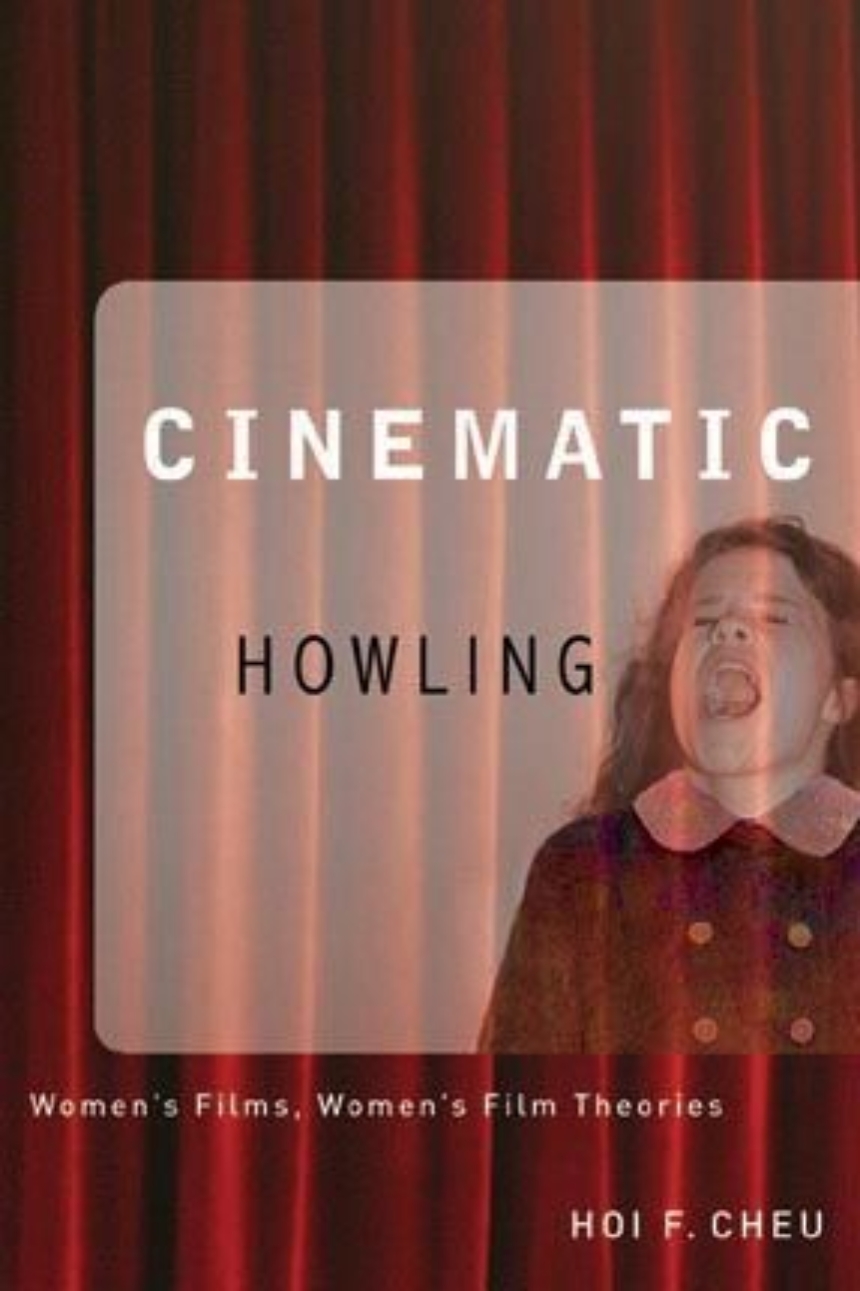Distributed for University of British Columbia Press
Cinematic Howling
Women’s Films, Women’s Film Theories
Cinematic Howling presents a refreshingly unorthodox framework for feminist film studies. Instead of criticizing mainstream movies from feminist perspectives, Hoi Cheu focuses on women’s filmmaking itself. Integrating systems theory and feminist aesthetics in his close readings of films and screenplays by women, he considers how women engage the process of storytelling in cinema. The importance of these films, he argues, is not merely that they reflect women’s perceptions, but that they have the power to reframe experiences and, consequently, to transform life.
A major contribution to feminist scholarship that will appeal to scholars of both gender and film, Cinematic Howling is written in an approachable and inviting style, full of vivid examples and attention to detail, which will suit both undergraduate and graduate courses in gender, film, and cultural studies.
Table of Contents
Acknowledgments
1 Feminist Film Theory and the Postfeminist Era: Disney's Mulan
2 Howling for Multitudes: Angela Carter's The Company of Wolves
3 The Female Authorial Voice: Marguerite Duras' Hiroshima mon amour
4 Beyond Freud and Lacan: Susan Streitfeld's Female Perversions
5 Cathartic Meta-narrative: Léa Pool's Lost and Delirious and Barbara Sweet's Perfect Pie (Two Scripts by Judith Thompson)
6 Diasporic Imagination and Transcultural Identity: Clara Law's The Goddess of 1967
7 Representing Representation: Agnès Varda's Sans toit ni loi (Vagabond)
8 From Text to Context: Metadocumentary and Skyworks
9 Filling the Theory Vacuum: Marleen Gorris' Antonia
Notes
Bibliography
Index

